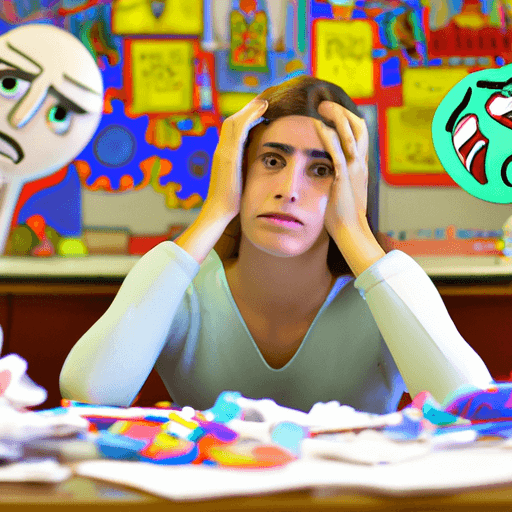Impact of Standardized Testing on Student's Learning and Creativity
Standardized testing has been a core part of education systems worldwide, and its role and impact on pedagogy and student development have become hotly contested topics. This article seeks to critically analyze and explore these impacts, considering both supporting and opposing perspectives.
The Purpose of Standardized Tests
Standardized tests primarily serve to assess student's knowledge and understanding on a uniform measure, enabling comparison between students, schools, regions, and even countries. They provide tangible data used to inform educational policies, teaching methods, and resource allocation.
Impact on Student's Learning Process
There are two major perspectives regarding the impact of standardized testing on a student's learning process. Supporters argue that these tests provide students with clear learning objectives and benchmarks and foster accountability among teachers and students. However, detractors argue that this environment shifts focus towards rote learning, tends to diminish the depth of understanding, and creates unwarranted stress among learners.
Impact on Student's Creativity
Critics argue that an intensive focus on testing can stifle creativity. Standardized tests typically focus on objective, logical, and analytical capabilities, largely sidelining subjective and creative skills. Observational studies have suggested a decline in creative thinking among American children since the 1990s, coinciding with the 'No Child Left Behind' legislation that placed exceptional emphasis on standardized testing.
Relevant Research
Research in this field has been extensive. Studies by Northwestern University have suggested a negative relationship between standardized test scores and measures of creativity. However, empirical evidence is divergent and cannot unequivocally support either the negative or positive impact of standardized testing on creativity.
Conclusion
There's no doubt that standardized tests play an important role in our educational system. However, it is crucial to explore new models that balance the need for measurable benchmarks with the development of creative and critical thinking skills integral for the 21st-century learners. In doing so, we can create a more holistic and inclusive approach to education that accounts for diversity in student's skills and talents.


















Comments
Leave a Comment